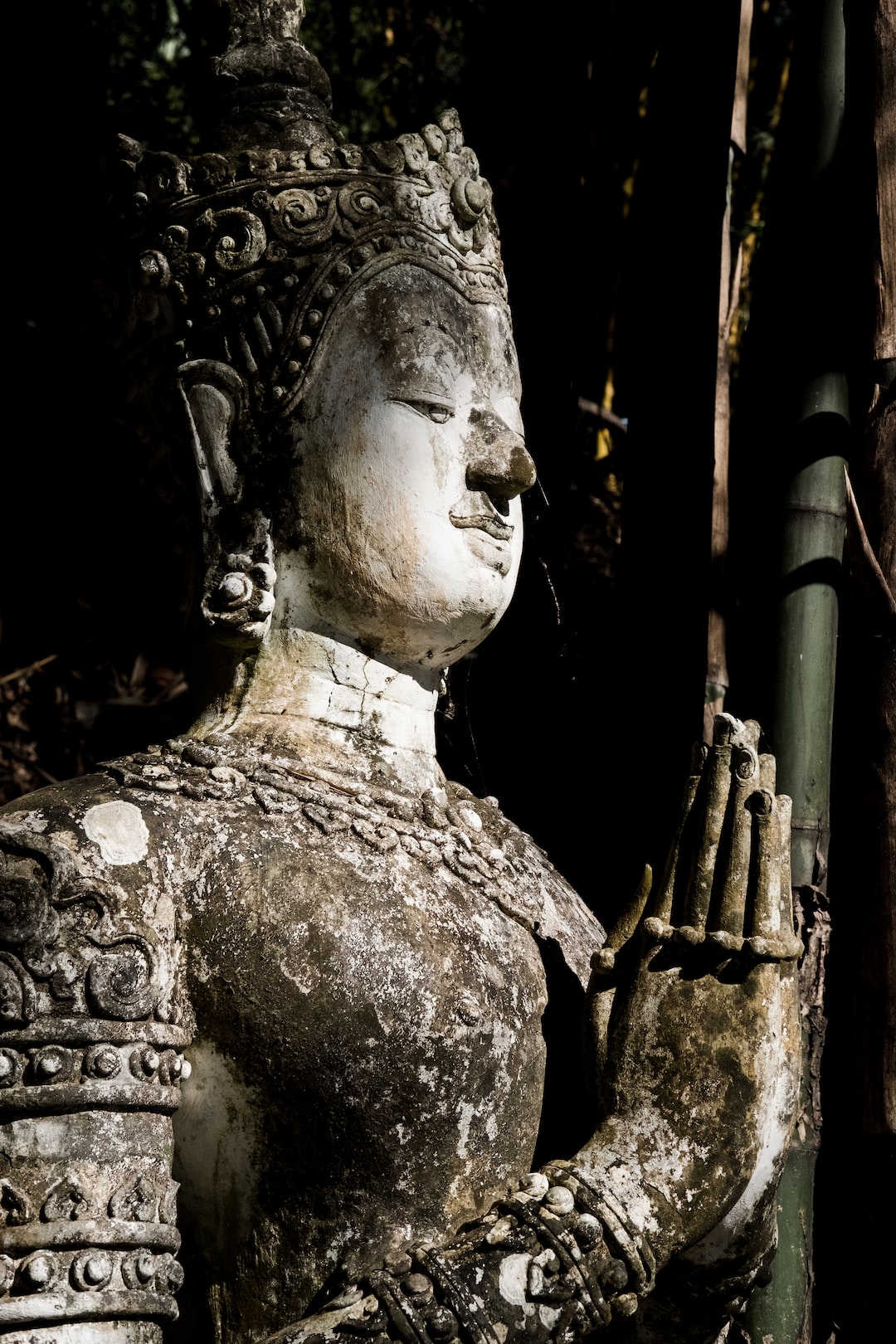Understanding the Concept of Divine Intervention: Miracles and Supernatural Events
Throughout history, mankind has always sought to understand the mysteries of the universe. One of the most intriguing and debated topics is the concept of divine intervention – the belief that a higher power can intervene in the natural order of things. This idea is often associated with miracles and supernatural events that defy the laws of nature. In this blog post, we will explore the concept of divine intervention and how it has shaped human beliefs and cultures.
Divine intervention is deeply rooted in religious and spiritual practices. Many religions, such as Christianity, Islam, and Hinduism, believe in the existence of a deity or deities who can perform miracles. These miracles are seen as signs of divine power and often serve as a testament to the faith of the believers. For instance, in Christianity, the resurrection of Jesus Christ from the dead is considered a divine intervention and a miraculous event that proves his divinity.
Miracles, in particular, are often associated with divine intervention. These are extraordinary events that cannot be explained by natural or scientific means. They are seen as direct interventions by a higher power in the affairs of humans. Miracles can take various forms – from healing the sick, to parting seas, to turning water into wine. These events have fascinated and captivated human imagination for centuries, giving rise to religious devotion and awe.
The concept of divine intervention has also found its place in popular culture and literature. Countless stories and myths depict gods and goddesses intervening in the lives of mortals, granting their wishes or punishing them for their actions. These tales often serve as moral lessons or attempts to explain the unexplainable. From ancient Greek mythology to modern-day superhero movies, the concept of divine intervention continues to capture the imagination of people worldwide.
However, the belief in divine intervention and miracles is not universal. Skeptics argue that such events can be explained by natural or scientific phenomena, and that attributing them to a supernatural power is merely a matter of personal belief. They argue that miracles are simply coincidences or results of unknown causes, rather than proof of a higher power.
Nevertheless, whether one believes in divine intervention or not, it is undeniable that the concept has played a significant role in shaping human history and culture. It has provided comfort, hope, and inspiration to millions of people throughout the ages. The belief in miracles and supernatural events continues to be deeply ingrained in the human psyche, often serving as a form of solace in times of adversity.
In conclusion, the concept of divine intervention and miracles has fascinated humanity for centuries. Whether one believes in them or not, the idea of a higher power intervening in the natural order of things continues to captivate our imagination. It is a topic that raises profound questions about the nature of reality, faith, and the very existence of a divine being. Regardless of one’s beliefs, the concept of divine intervention remains a subject of exploration and wonder.

